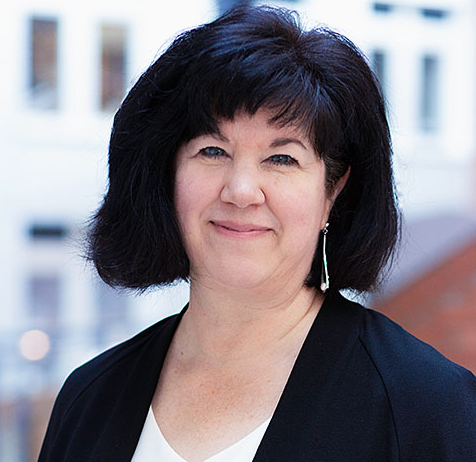
In 2008, IES introduced its annual quality surveys of students, teachers and parents. These surveys have provided the foundation for IES’ quality improvement work ever since. Future quality initiatives within the organisation are designed based on the responses, which measure both “hard” factors, in other words academic results, and “soft” factors, i.e. how the school environment is perceived.
“The responses show that the three principles of our ethos – which, in addition to our focus on English, include high academic expectations and a calm learning environment – are just as important to students and parents today as they were 30 years ago when Barbara Bergström founded IES,” says Ms Kirk Johansson.
“During recent years, we’ve noticed that the fact that we give our students the chance to be not just good at English but completely bilingual, is becoming more interesting and important for those who choose our schools,” she continues.
Striving for an international culture
According to Ms Kirk Johansson, one of IES’ major success factors is that the schools are like melting pots since their teachers and students come from so many countries around the world.
“Not only does this make the students more accepting of and curious about other cultures, it also makes them much more interested in the outside world, and they see the entire world as a potential place for further studies and work.
“Our international teachers also bring the best teaching methods with them from their home countries, and share these with each other. We have also noticed that the different generations of teachers in our schools enjoy learning from each other and combining experience with new ideas. There is formal and informal mentorship amongst the teachers through which successes and challenges are shared and vented. All this is beneficial to the teaching and creates acceptance for the fact there are major challenges within the teaching profession – but no teacher needs to feel alone in solving these.
“We do not strive to bring an international element only to certain subjects – rather create schools with an international culture,” she adds.
Another advantage of having teachers from Anglo-Saxon countries is that they bring a tradition of respect and politeness with them, which gives our students insight into another way of behaving, where they are expected to be ready, on time for lessons, to not throw things, and to speak to each other and to teachers in a respectful manner.
“Many young teachers come here from other countries as they are curious about the Swedish lifestyle and are maybe interested in nature and outdoor recreation. It’s natural for them to perhaps move on after just a few years, but I believe it’s positive for us to regularly get new staff members. It’s also a way for us to remain up-to-date with changes in the English language, such as new words and expressions.
“But it’s also important for our international teachers to learn Swedish as fast as possible so that they understand the Swedish system and can reach the students on an emotional level. That’s why we encourage them to study Swedish, and for instance offer them online courses as a first step,” says Ms Kirk Johansson.
Focus on preschool class to year 3, and Cambridge
IES operations have traditionally focused on years four to nine. For the past few years, all new schools have also taken students from preschool class upwards. Further, more and more schools are being reorganised to accept students across all compulsory school years, from preschool class to year nine.
“In this way, we get the students used to the culture of our schools and the expectations we place on them. It also makes for a natural start to their education in English, which facilitates the transfer to year four,” comments Ms Kirk Johansson.
As part of its English-language profile and its international education offering, IES has been the only school in Sweden for a number of years, and one of five in Europe, accredited by Cambridge International Education, an organisation, owned by the University of Cambridge, and which has its own curriculum.
“More and more of our schools offer Cambridge education, which gives the students the chance to supplement their usual studies which follow the Swedish curriculum, by studying for and taking the Cambridge exams. These opens the door to further studies and careers in other countries. This also provides an opportunity for students who want to be pushed further and challenged in school.”
Continue to deliver on our core values
Ms Kirk Johansson believes that the single most important thing for IES going forward will be to continue to deliver in line with its core values.
“Our focus is on providing the best bilingual education in Sweden, with high academic expectations and a calm learning environment being hygiene factors. We have to constantly repeat these core values to retain the culture of IES, which must also embody our conviction that all students should be seen, feel secure and get the chance to reach their full potential.
“A great deal of the responsibility for achieving this lies with our school leaders, who are also in charge of creating strong teams and keeping up morale in their schools.
“When I was the principal of the IES school in Borås I was once asked by a student what I did all day long. I had to think before I then replied: “I dedicate my entire time, every day, to giving you the best school day that day.” As head of education this is still my goal and I’m convinced that this is also what all our school leaders do.”
